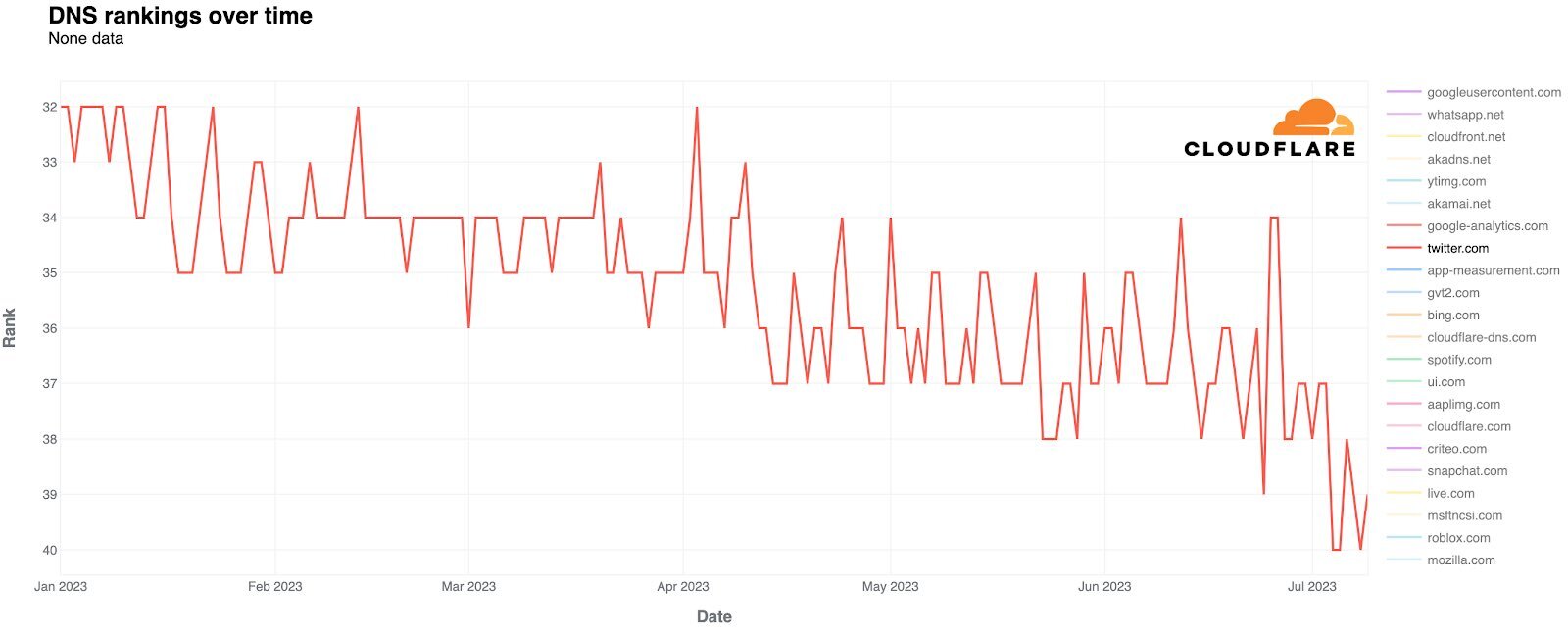Below is a disturbing amount of information data brokers have ammased from buying your data from trackers in ads and apps.
"a staggering amount of sensitive and identifying information about consumers," alleging that Kochava's database includes products seemingly capable of identifying nearly every person in the United States.
... can access this data to trace individuals' movements—including to sensitive locations like hospitals, temporary shelters, and places of worship, with a promised accuracy within "a few meters"—over a day, a week, a month, or a year. Kochava's products can also provide a "360-degree perspective" on individuals, unveiling personally identifying information like their names, home addresses, phone numbers, as well as sensitive information like their race, gender, ethnicity, annual income, political affiliations, or religion, the FTC alleged.
... target customers by categories that are "often based on specific sensitive and personal characteristics or attributes identified from its massive collection of data about individual consumers." These "audience segments" allegedly allow advertisers to conduct invasive targeting by grouping people not just by common data points like age or gender, but by "places they have visited," political associations, or even their current circumstances, like whether they're expectant parents. Or advertisers can allegedly combine data points to target highly specific audience segments like "all the pregnant Muslim women in Kochava’s database," the FTC alleged, or "parents with different ages of children."

Recently I used Google maps to search for the nearest DHL near me so I could return a package. DHL is not that popular near me and when I specifically typed for DHL, I would get only their competitors in the search results.
There was a DHL service center near me and I had to scroll a bunch to find it. Oh, and apparently big box stores (or anyone) can pay Google to come up in the search on maps, even if unrelated.
I don't think they have skin the in shipping game but their algorithms are over optimized that they don't even show what your searching for, but trying to infer why you're searching for it. That or whoever pays them more. Certainly a search risk